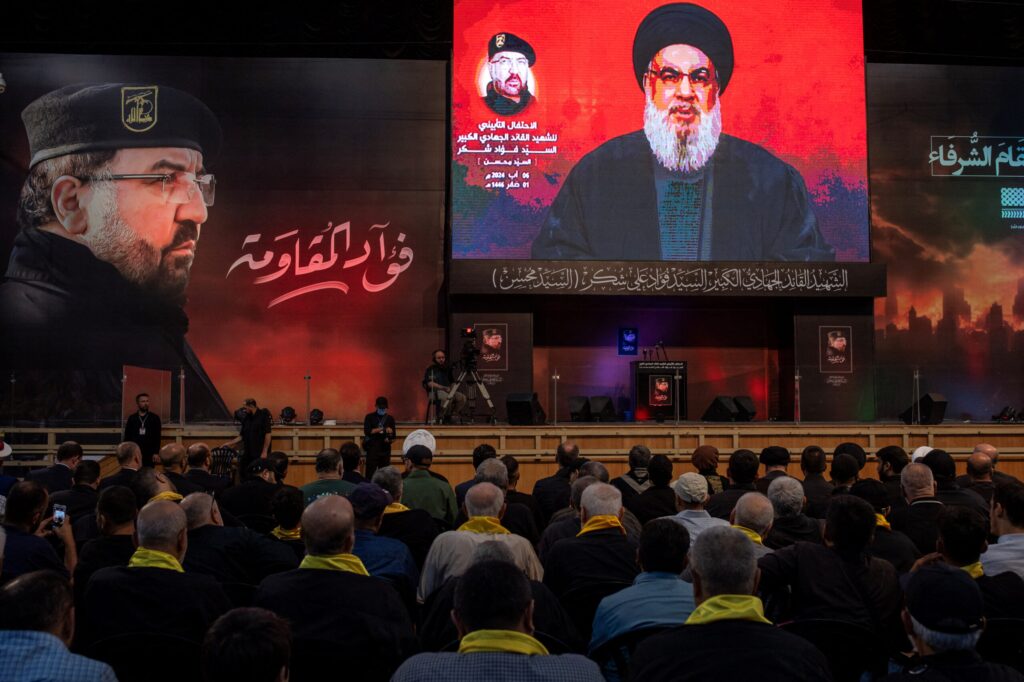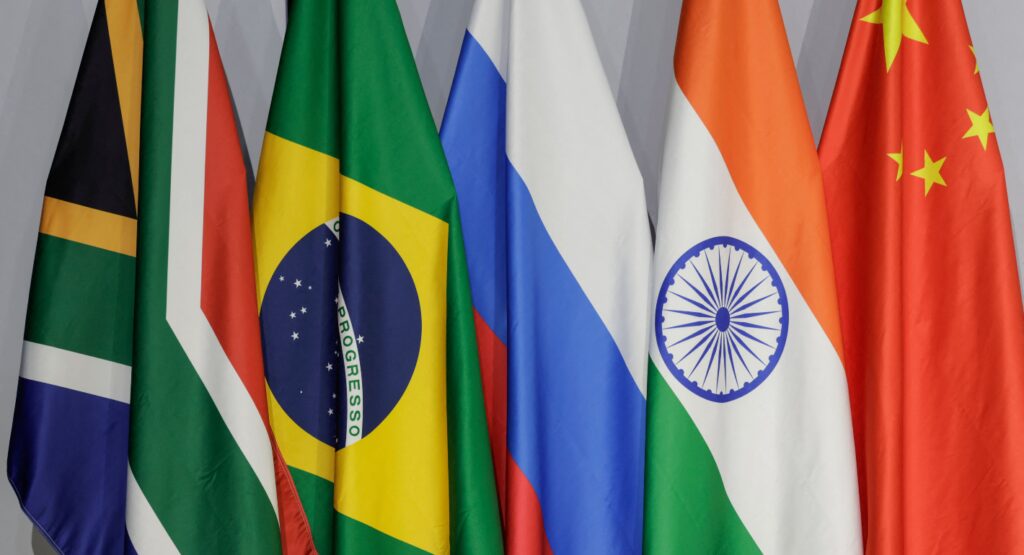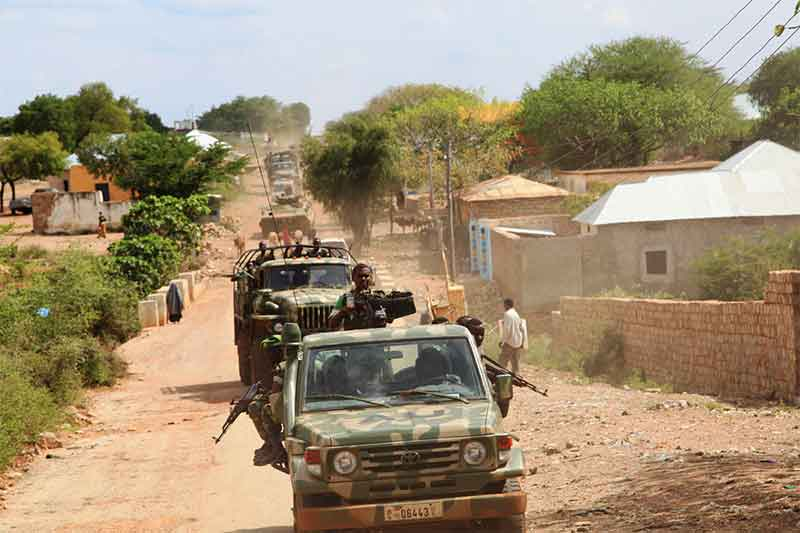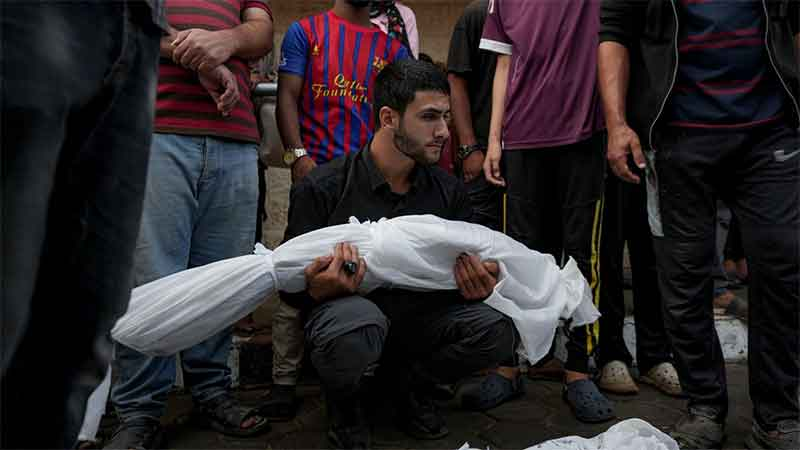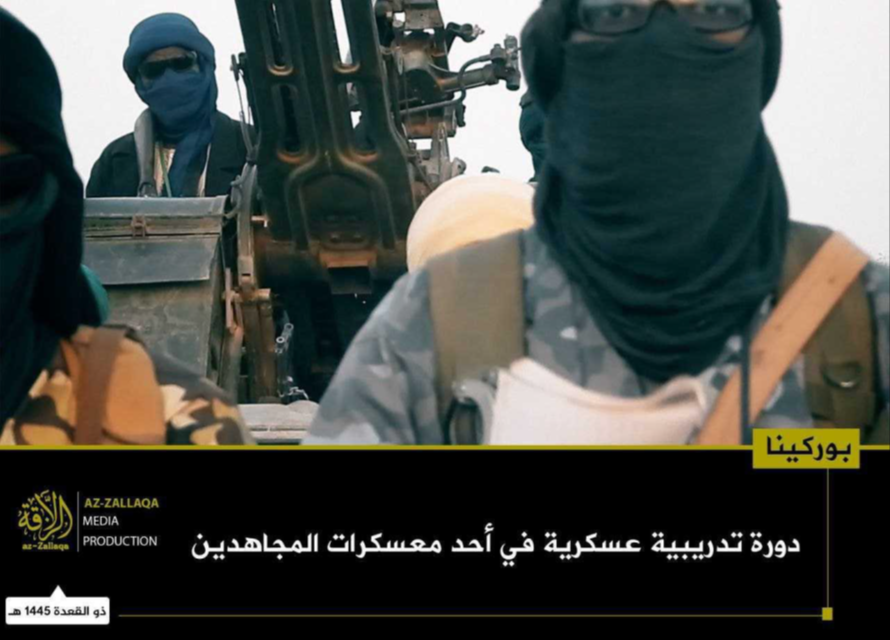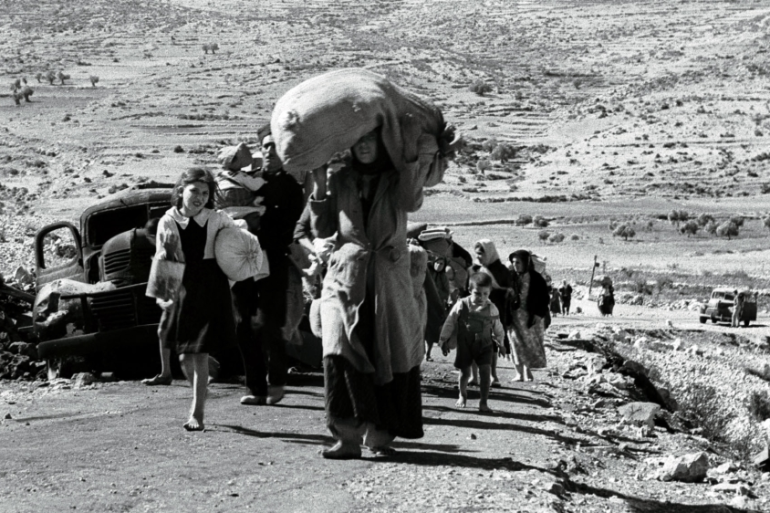Turkey Supports Russia and Hamas; The US Should Not Give It F-35 Fighter Jets
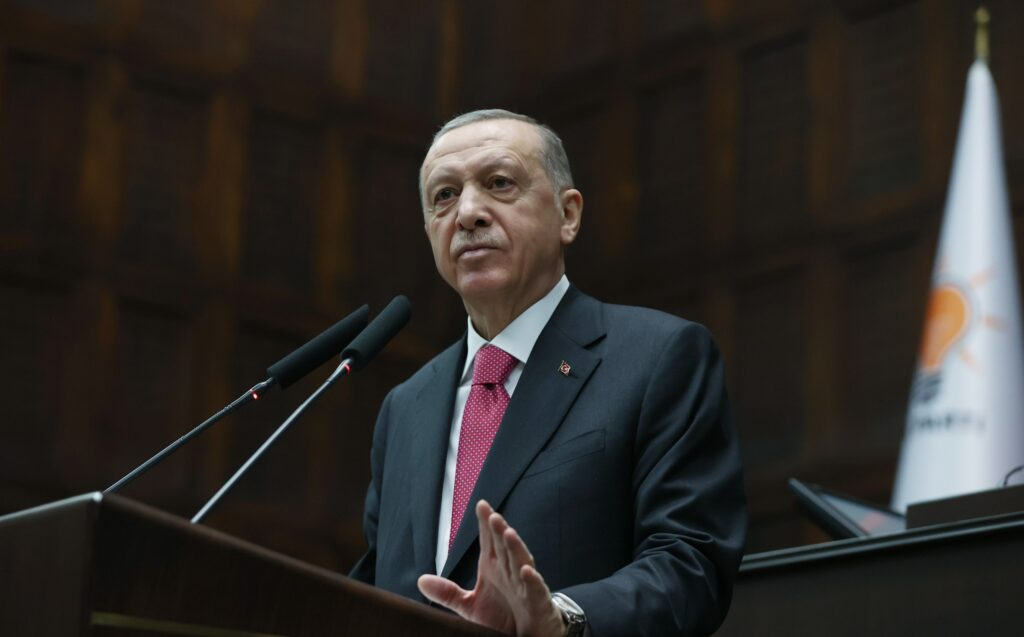
Recent discussions between Turkey and the United States indicate that the Biden administration is actively pursuing Ankara’s reinstatement in the F-35 program.
It is difficult to justify why Washington would want to arm Turkey with these highly advanced fighter jets, when Turkish President Recep Tayyip Erdogan takes fervent measures to undermine the core security interests of the United States, NATO, and our transatlantic allies.

